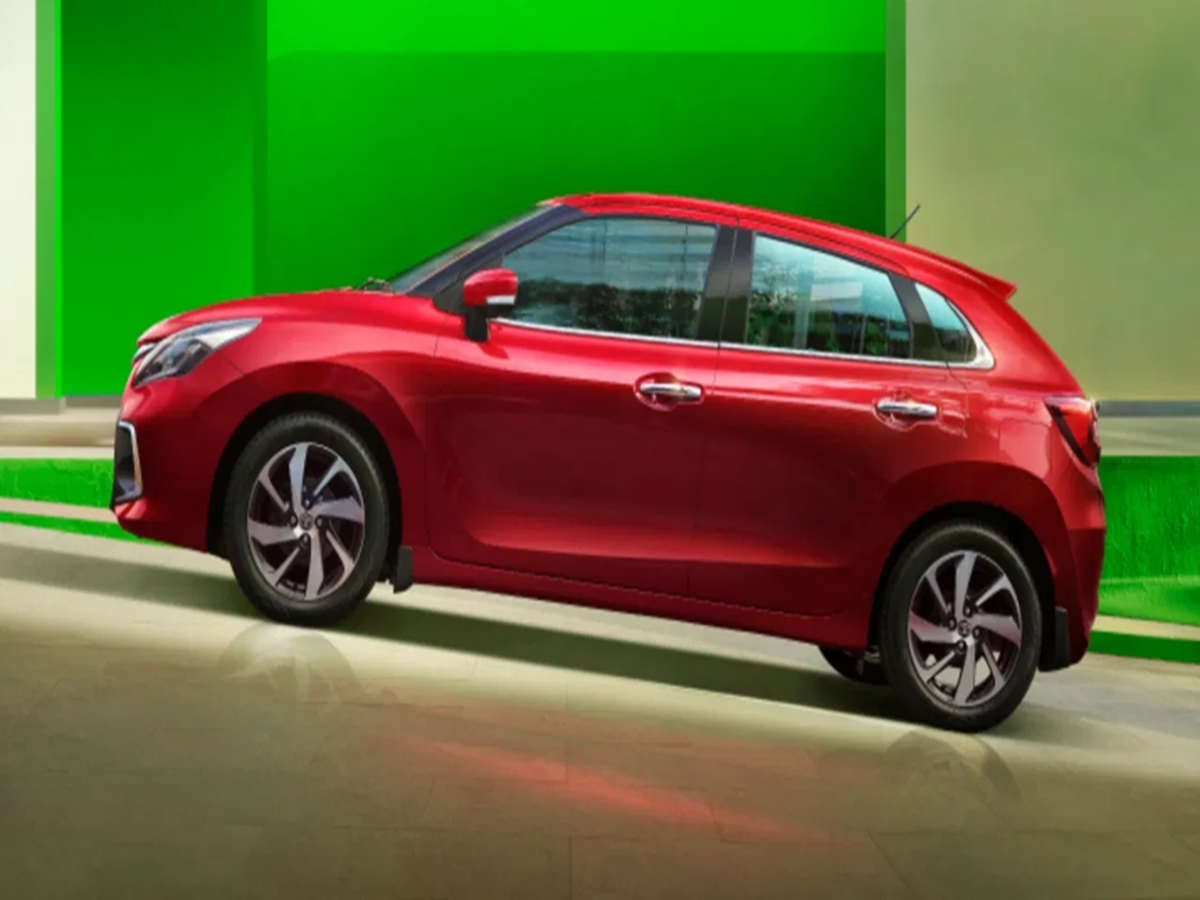
Chinese electric vehicle (EV) giant BYD has unveiled a revolutionary Super E-Platform, which claims to charge an electric car in just 5 minutes for a 400 km range. This ultra-fast charging technology could significantly impact the global EV market and pose a major challenge to industry leader Tesla.
BYD's Super E-Platform: The Future of EV Charging
The Super E-Platform features a newly designed Blade Battery Pack, utilizing an advanced 10C charging multiplier—the highest in any mass-produced power battery. This enables ultra-fast charging up to 1,000 kW, drastically reducing charging time to match that of refueling a petrol or diesel vehicle.
Impact on the Global EV Market
BYD's new platform could reshape the electric vehicle industry by addressing one of the biggest concerns—long charging times. The company plans to integrate this technology across multiple EV models, giving it a significant competitive edge over Tesla and other automakers.
Expanding to Global Markets, Including India
Initially, BYD will deploy this ultra-fast charging technology in China, with plans to expand to other markets, including India. If introduced in India, this innovation could accelerate EV adoption, as many consumers hesitate to buy EVs due to charging infrastructure limitations.
Meanwhile, Indian energy-tech startup Exponent Energy is developing the world's first 1.5 MW ultra-fast charging system, signaling a growing trend toward supercharged EV technology.
A Challenge for Tesla?
BYD has already surpassed Tesla in global EV sales, and this latest innovation could further widen the gap. Tesla's China shipments fell 49% in February 2025, marking the lowest monthly sales since July 2022. If BYD’s Super E-Platform delivers on its promise, it could intensify competition and push Tesla to accelerate its own advancements in fast-charging technology.
The Future of EV Charging
With BYD's breakthrough technology and growing competition from emerging startups, the EV landscape is evolving rapidly. Ultra-fast charging will make electric vehicles more convenient and further drive global EV adoption, reducing reliance on fossil fuels and making sustainable transportation the new norm.






